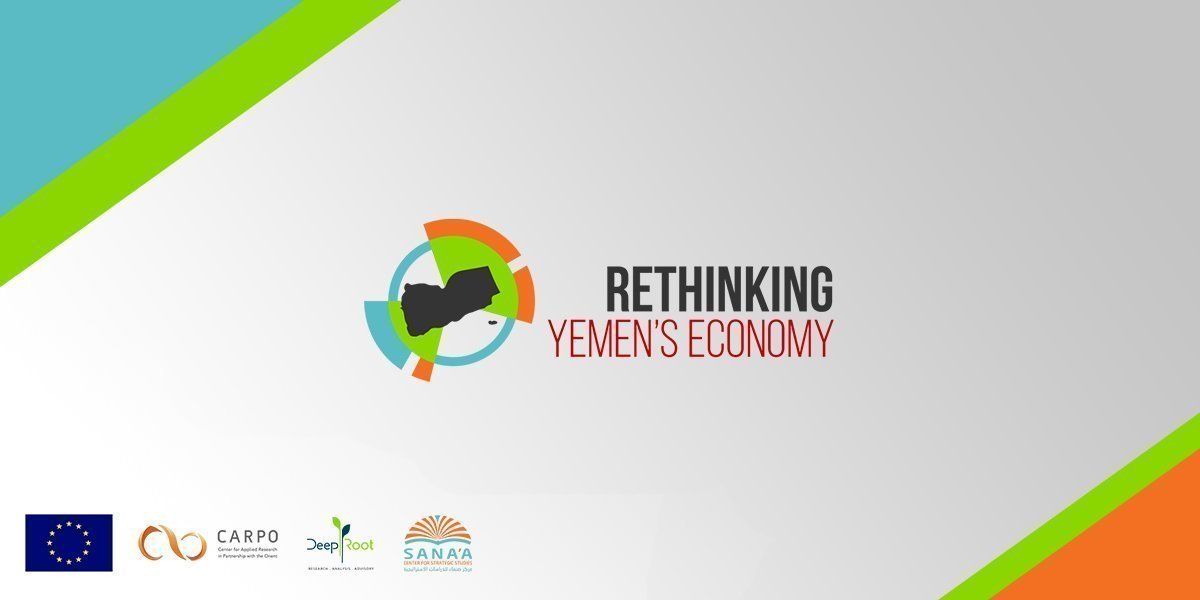Policy Briefs
Fostering Opportunities for E-Commerce Growth in Yemen

Executive Summary
Yemen's e-commerce sector holds significant potential to drive economic growth and financial inclusion, particularly for women and rural communities, but faces major challenges, including poor internet connectivity, limited digital payment systems, and the absence of legal and regulatory frameworks. The country remains heavily cash-based, with minimal access to formal banking and fragmented oversight, exposing consumers and providers to fraud and limiting sector development. Internet infrastructure is among the worst globally, with only 17.7 percent of the population online in 2024, though the recent introduction of Starlink offers hope for improved connectivity. Conflict-related damage to transportation networks further hinders delivery services. Despite these obstacles, some businesses have found success, especially in urban areas, by adapting to logistical constraints. Yemen’s youthful, increasingly smartphone-connected population, along with emerging technologies and business models, offers promising opportunities for inclusive e-commerce growth—provided that policymakers invest in digital infrastructure, enact protective regulations, and create a supportive environment for online enterprise.
Select Recommendations
- International organizations should focus on investing in satellite services like Starlink, and the government should focus its efforts on a successful rollout.
- International development institutions should support a more cohesive regulatory framework with significant oversight and enforcement capabilities.
- The Central Bank in Aden should strengthen its governance and improve regulatory gaps, such as e-commerce regulation.
- The government and international organizations should aim to raise digital literacy and consumer awareness, especially of vulnerable and disenfranchised populations.
- International donors and NGOs should support cybersecurity measures to improve trust in digital spaces and foster e-commerce growth.
- Government entities should collaborate with the private sector to improve infrastructure, educate consumers, and incentivize digital payments.
- The Ministry of Water and Environment should include environmental protections as part of the regulatory framework for e-commerce.